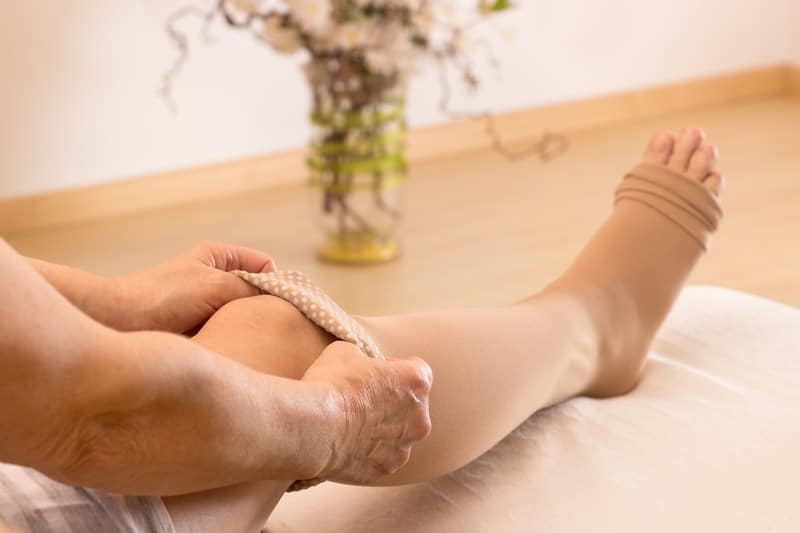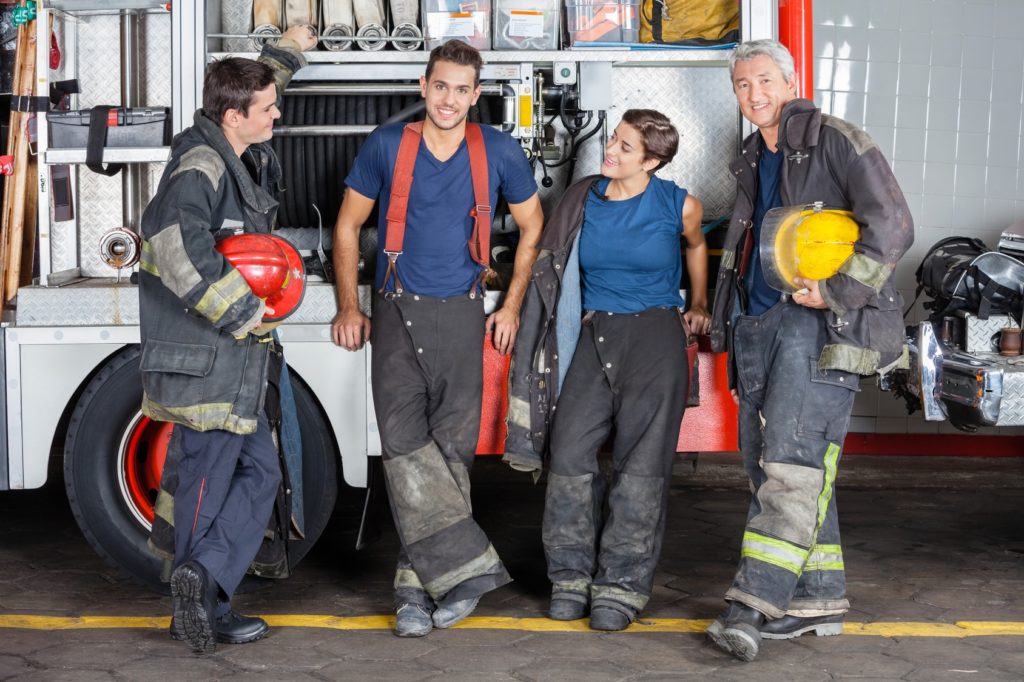
Vulvar Varicosities: Don’t Suffer in Silence!
It seems conceivable that when health experts estimate that 10 percent of pregnant women experience vulvar varicosities, that is to say vaginal varicose veins, they could be grossly underestimating the incidence of this condition.
There are women—who knows how many—who will not report this pain, itch, heaviness and general discomfort in the vulva, either because they chalk it up to the general joy and discomfort of pregnancy, or because they are simply not comfortable talking about it. These women might not know that there are qualified vein specialists who can help with this condition. You might be one of those women.
Vulvar Varicosities Can Persist Past Pregnancy
The problem is that once there, a vulvar varicosity will often not go away. Vulvar varices may become asymptomatic without the added hormones and baby pressing on the blood vessels. But the underlying condition remains, perhaps to return, persist, or worsen with another pregnancy—or for those women who are genetically predisposed to varicose veins.
This can make walking, standing, and sitting, uncomfortable. Sex can become less fun, or even painful.
Vulvar Varicosities Treatment and Relief
If bulging, painful vaginal varicose veins are a problem for you—during pregnancy or after—there are simple things you can do to try to find some relief.
- Consult with your doctor about topical treatments for the itch, pain and feeling of heaviness;
- Consider compression garments. They are strappy in appearance, but the pressure they provide can help relieve some discomfort in the surrounding tissue;
- Change your body position often. Alternate sitting, standing, walking and lying down;
- Some experts suggest that you go for a swim if you are pregnant. The buoyancy of the water can lift baby off of blood vessels in the vulvar and perineal areas;
- Elevate the hips slightly when lying down. Use gravity to take a load off the blood vessels.
If these varicosities persist, and they are affecting your quality of life, seriously consider making an appointment for a free consultation with a qualified vein specialist today. Dr. Jilanne Rose, DNP of Advanced Vein Institute of Arizona specializes in treating vulvar varicosities and superficial varicosities of the lower limb and has performed thousands of procedures in women who are experiencing the same discomfort that you are. She will be able to tailor a treatment plan just for you and determine whether Chronic Venous Insufficiency is a contributing factor in your condition.
The only catch is that you will have to talk about it...just a little bit.
The good news, however, is that a professional like Jilanne Rose, DNP-C will make the process—from consultation to treatment to recovery—as comfortable as possible.
Varicose Veins worse in Summer Heat? If it seems like your varicose veins symptoms seem to worsen in the summer heat—especially for those of you who live in hot climates like Arizona—you are not imagining it. Talk to a qualified vein specialist and they will tell you that heat does have an effect on your…
Read MoreLet’s face it—a big part of the reason that you are in Arizona is because you don’t enjoy golfing in the snow or hiking in the rain. And now that you are here, there is no reason to let anything get in the way of your active life—not even the discomfort of varicose veins. Although…
Read MoreYounger adults in the U.S. are searching for options to deal with varicose veins…REALLY? Health and Google statistics are starting to show that younger and younger people are seeking treatment for conditions such as varicose veins, chronic venous insufficiency (CVI), and other health conditions usually associated with older adults. Health officials are attributing this…
Read MoreHas a woman ever said she loves wearing high heels because they are just so comfortable? Uh uh. Or because it is just so easy to walk in them? Not likely. High heels are popular because of the way they make the legs of the wearer appear.
Read MoreIf you just googled “compression stockings for varicose veins” to find this article, you are far from alone. Millions of Americans have looked at compression stockings as a non-surgical alternative to help deal with the discomfort of varicose veins and other peripheral vascular concerns. Perhaps not knowing that there are newer, effective, and minimally invasive procedures…
Read MoreIt can hurt to care–just ask any nurse. As a profession, nurses experience some of the highest rates of varicose veins and Chronic Venous Insufficiency (CVI) in the country. In fact, in one study by the NIH, 63 per cent of participating nurses were shown to have at least one sign of CVI. Nurses will know…
Read MoreOne might think that the biggest cause of injury among American firefighters would be burns and collapsing structures. However, more than just skin and bones, it is the firefighter’s vascular system that is at risk. There are a number of reasons why firefighters are especially susceptible to vascular injury, and why they in particular need…
Read MorePerhaps the most important thing to know about Radiofrequency Vein Ablation, is that it has a high success rate in treatment of varicose veins. Additionally, it is minimally invasive, minimally painful, has low rates of complication, can be performed in-office, and has a very rapid recovery time, usually about a day. The Venous Ablation Process…
Read MoreThe concern about having or developing Chronic Venous Insufficiency (CVI) is a great reason to have your varicose veins fully assessed by a qualified Vein Specialist. Why should I be concerned about the symptoms of Chronic Veins Insufficiency? Chronic Venous Insufficiency, also known as Venous Reflux Disease or Venous Stasis, refers to a condition of inadequate…
Read MoreCan Varicose Vein Pain be Eliminated? It is the end of a long day, and suddenly you realize that the varicose veins that you barely considered this morning are working hard to get your attention. They ache, and your legs feel heavy and are getting swollen. Especially if you have been ignoring them all day,…
Read More

